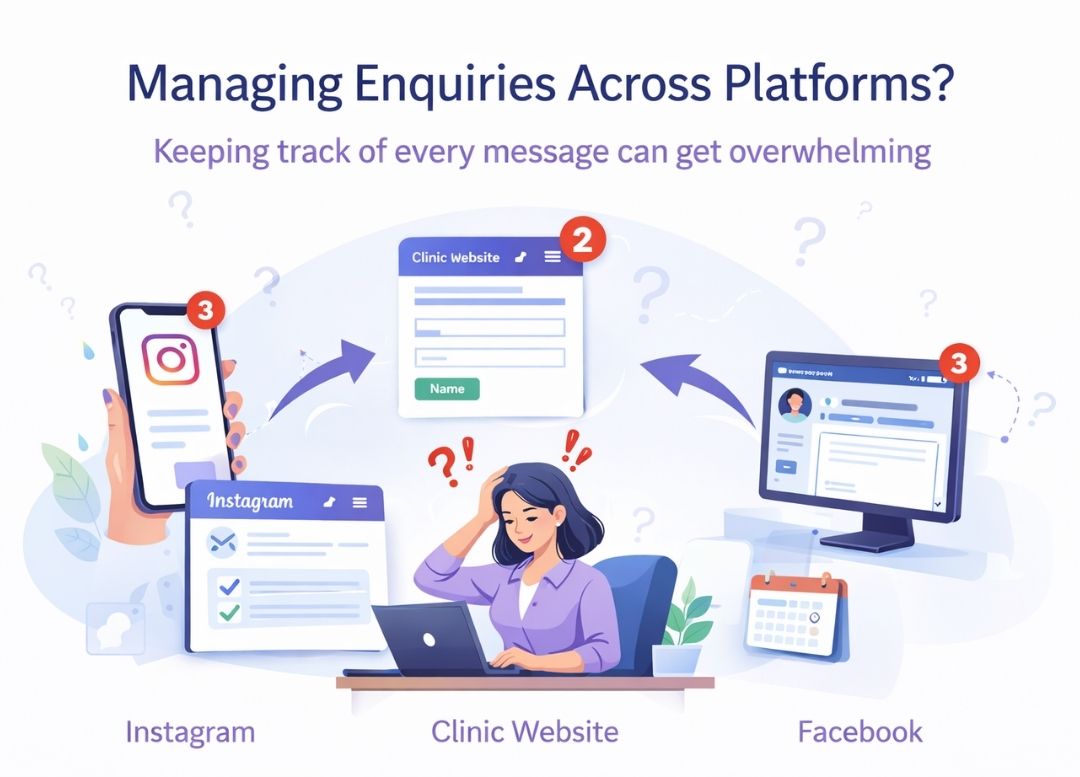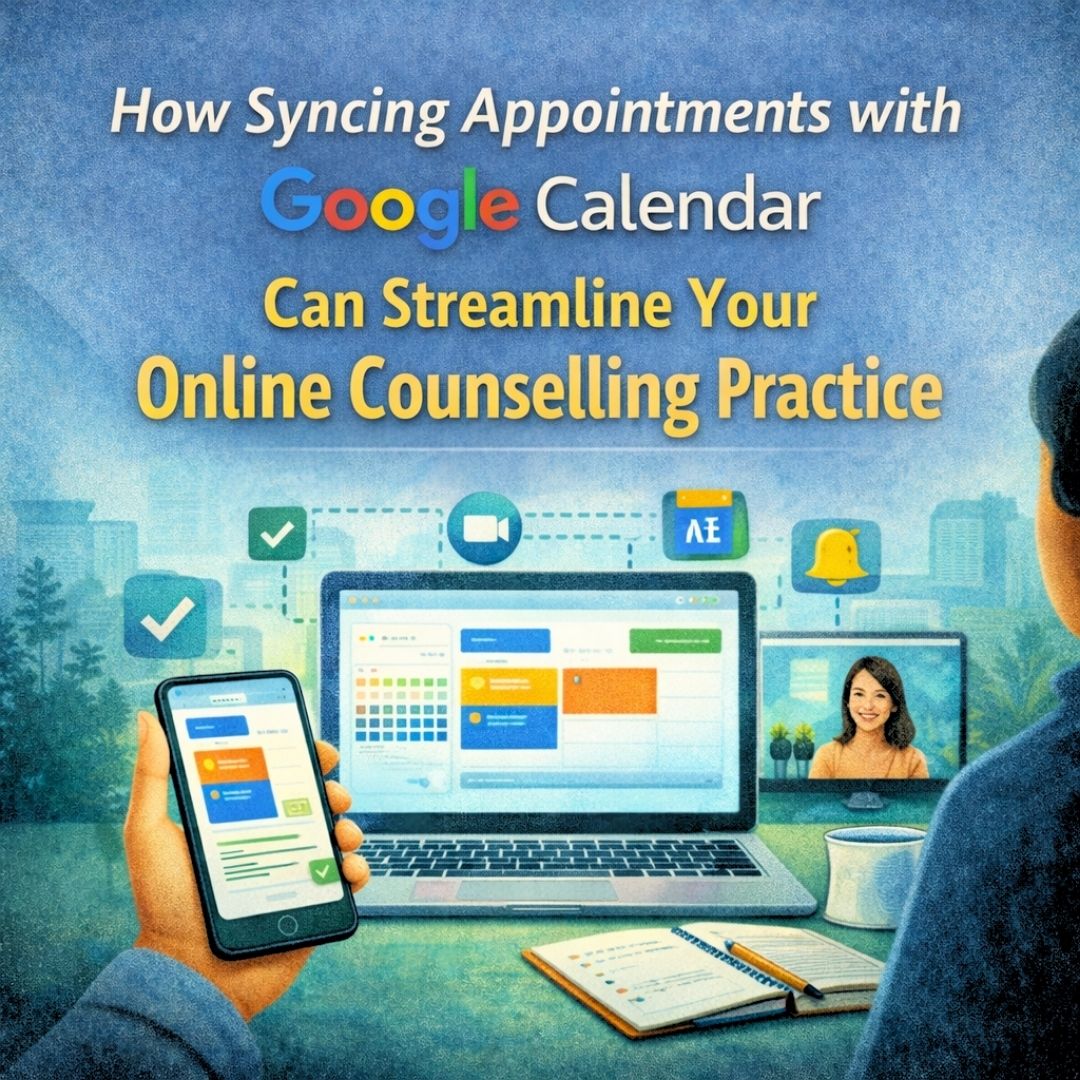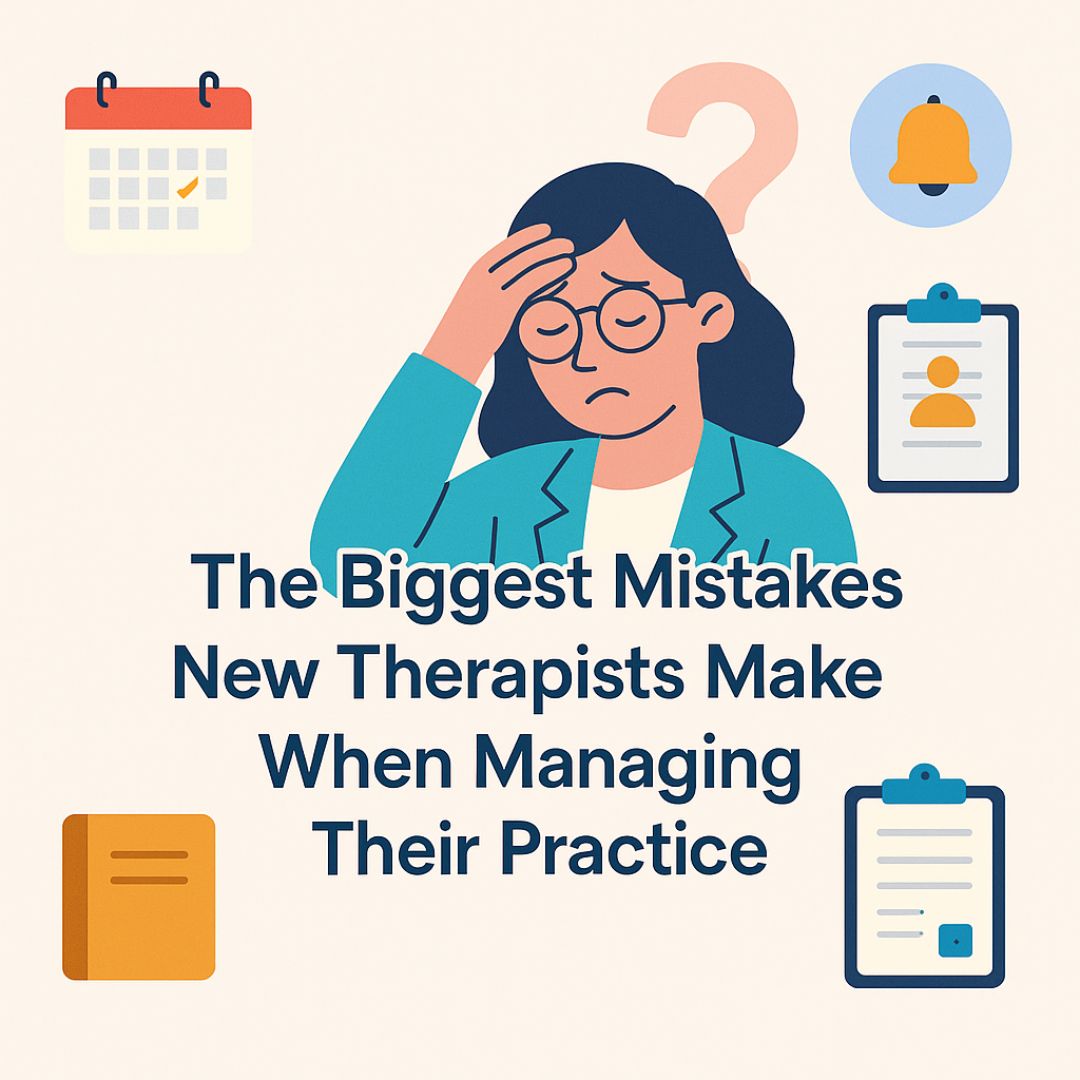Staying Current - Importance of Continuous Professional Development for Psychologists With a Private Practice
Continuous professional development (CPD) is critical to your success as a psychologist with a private practice. CPD refers to the ongoing learning process, improving skills and knowledge, and keeping up with your field's latest developments.

On this page
Jump to sections
Continuous professional development (CPD) is critical to your success as a psychologist with a private practice. CPD refers to the ongoing learning process, improving skills and knowledge, and keeping up with your field's latest developments.
Staying Up-to-Date with the Latest Research and Techniques
As a psychologist, it is essential to keep up with the latest research and techniques to provide the best possible care to clients. New studies and research are constantly published. Keepigiveith the latest research ensures you provide the most effective treatments and interventions.
For example, the introduction of new treatments like cognitive-behavioral therapy (CBT) has revolutionized the field of psychology. CBT is now widely recognized as an effective treatment for various mental health disorders, including anxiety and depression. With continuous professional development, it would be easier to keep up with the latest developments in the field and provide the best care to your clients.
CPD also provides an opportunity to learn about new techniques and methodologies that can improve the efficiency and effectiveness of your practice. Incorporating new techniques and approaches can provide your clients with more personalized and effective care. This can help you to build a loyal client base and differentiate yourself from competitors.
Maintaining Your Professional Credentials
As a psychologist, you must maintain your professional credentials to continue practicing. Most professional organizations require members to complete several CPD hours annually to keep their membership and certifications. You must meet these requirements to maintain your professional credentials and protect your reputation.
In addition to meeting the requirements of professional organizations, continuous professional development can also help you to earn additional certifications and credentials. For example, you may choose to specialize in a particular area of psychology and earn a certificate in that area. This can attract clients seeking specialized care and differentiate themselves from competitors.
Staying Competitive in a Crowded Marketplace
As the demand for mental health services continues to rise, so does the number of practicing psychologists in the industry. This increasing competition means psychologists must find ways to differentiate themselves from others in the crowded marketplace while continuing to provide high-quality services to their clients.
Establishing a niche is one way to stand out in a crowded marketplace. This could be a specific population or mental health concern the psychologist specializes in treating. For example, a psychologist may focus on helping individuals with anxiety disorders or working with children and families. By narrowing down their focus, psychologists can market their services to those in need and build a reputation as an expert in their field.
Another way to stay competitive is to offer additional services or modalities. For instance, a psychologist could expand their offerings to include group therapy, teletherapy, or other alternative forms of treatment. This can attract new clients who may prefer a different style of medicine while also giving current clients more options to meet their specific needs. You can set up your psychology and therapy business online with LifeHetu. It is an online platform that helps you build your online profile and brand with your dynamic, modern, and configurable website built with the latest tech stack.
Networking and building relationships with other mental health professionals can also be valuable. By establishing connections with psychiatrists, social workers, and other therapists, psychologists can receive referrals and build a network of professionals to collaborate. This can also lead to cross-promotion, where each professional promotes the services of the other, further expanding their reach.
Finally, staying up to date with the latest research and trends in the field can help psychologists stay competitive. By attending conferences, reading professional journals, and participating in continuing education courses, psychologists can stay informed of the latest developments and ensure they provide their clients with the most effective and evidence-based treatments.
Improving the Quality of Your Care
The most critical reason for engaging in continuous professional development is to improve the quality of your care. You can provide your clients more personalized and effective care by staying up-to-date with the latest research and techniques. This can improve outcomes and ensure your clients receive the best care.
CPD also provides an opportunity to reflect on your practice and identify areas for improvement. By attending workshops, seminars, and training sessions, you can receive feedback on your practice and identify areas for growth. This can help you to provide better care to your clients and become a more effective and successful psychologist.
Building a Network of Professional Relationships
As a psychologist, building a network of professional relationships can be a valuable tool for your career and personal growth. Whether you're just starting in your field or have years of experience, having a solid network of colleagues and peers can provide collaboration, learning, and support opportunities.
Here are some tips for building a network of professional relationships as a psychologist:
Attend Conferences and Workshops
Conferences and workshops are a great way to meet other professionals in your field, learn about the latest research and trends, and potentially present your work. Take advantage of networking opportunities at these events by introducing yourself to other attendees and exchanging contact information.
Join Professional Organizations
Joining a professional organization in your field can provide a wealth of resources and opportunities for networking. Many organizations hold regular meetings and events, offer mentorship programs, and provide access to job listings and other career resources.
Connect With Colleagues Online
Social media platforms like LinkedIn and Twitter can be powerful tools for networking with other professionals in your field. Make sure to keep your profiles up to date, engage with others in your field, and share your work and insights.
Seek out Mentorship
Finding a mentor in your field can provide invaluable guidance and support as you navigate your career. Reach out to experienced professionals in your field and ask if they would be willing to mentor you.
Remember that building a network of professional relationships takes time and effort, but it can pay off in many ways. Investing in these relationships, you'll be better equipped to learn, grow, and succeed in your career as a psychologist.
In conclusion, continuous professional development is essential for psychologists with a private practice. It allows them to stay up-to-date with the latest techniques and methods, improve their skills, and provide better client care. Investing in CPD is beneficial for the psychologist's growth and the success of their private practice.
About the Author
Puneet is the founder of LifeHetu Technology, a platform built specifically for mental healthcare professionals to manage appointments, documentation, payments, and client engagement securely. He works closely with therapists, psychologists, and counselling centres to simplify digital practice management while preserving confidentiality and clinical integrity.
FAQs
Why is staying updated with research important for psychologists?
It ensures effective treatments like CBT and introduces new techniques for personalized client care.How does CPD help maintain professional credentials?
It meets annual requirements for memberships and enables earning specialized certifications.How can psychologists stay competitive in a crowded market?
By establishing a niche, offering teletherapy, networking, and keeping up with trends via CPD.How does CPD improve the quality of care for clients?
It allows reflection, skill enhancement, and adoption of evidence-based practices for better outcomes.What are effective ways to build a professional network?
Attend conferences, join organizations, connect online, and seek mentorship from experienced peers.What role does online presence play in a psychologist’s practice?
A dynamic website via platforms like LifeHetu can boost profile and brand visibility.Where can psychologists find resources for career growth?
Explore guidance at LifeHetu.
On this page
Jump to sections
Related Reads. Similar Blogs to Check Out.





